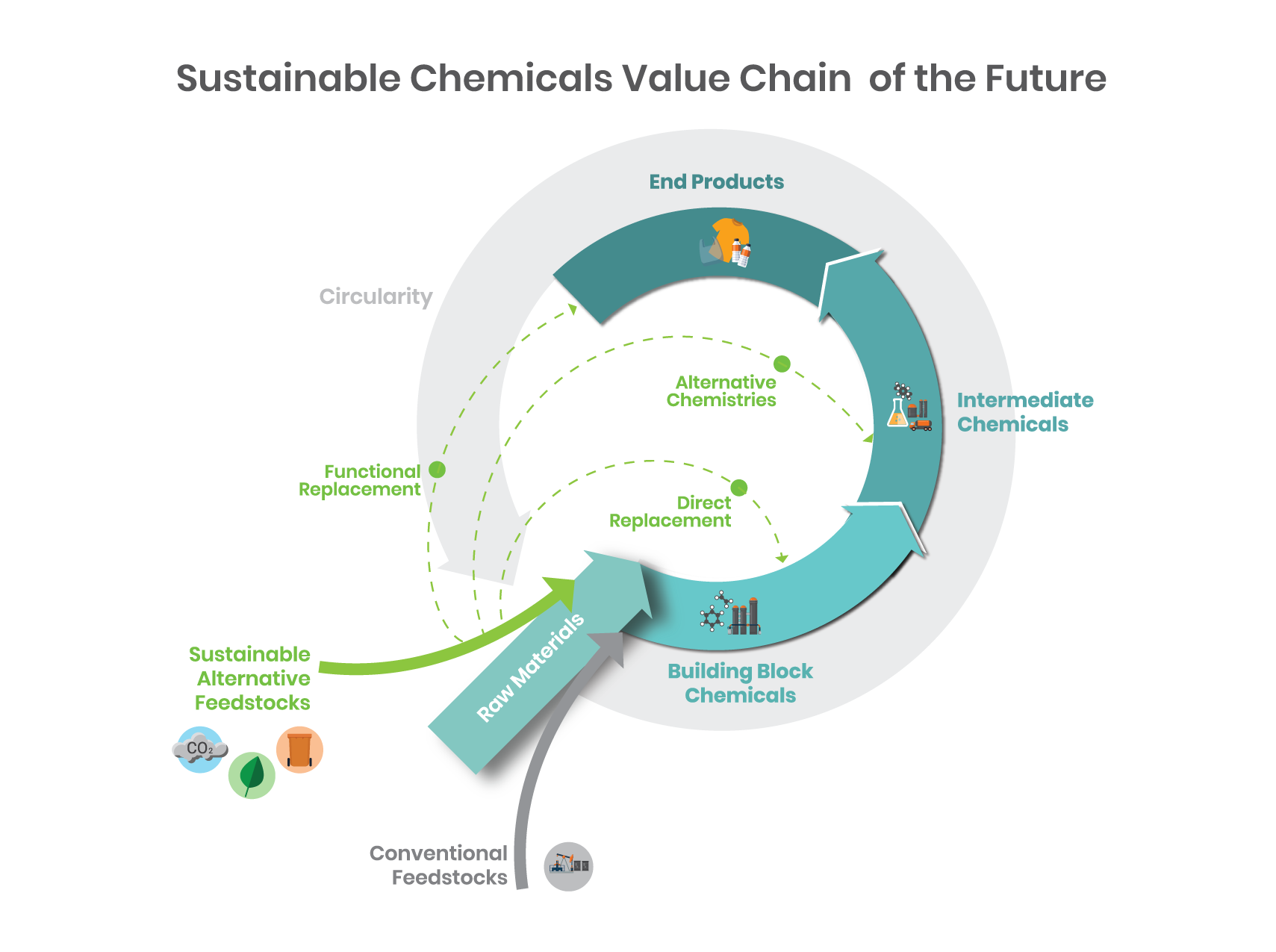Top Tips for Choose Reliable Providers of High-Quality Chemical Products
Top Tips for Choose Reliable Providers of High-Quality Chemical Products
Blog Article
Key Considerations for Selecting the Right Chemical Products to Achieve Effective Integrated Solutions in Your Procedures
Selecting the appropriate chemical products for integrated solutions in operations calls for a diverse technique that encompasses various critical factors to consider. From examining chemical compatibility to ensuring adherence to governing standards, each factor plays a critical duty in optimizing functional performance and security.
Understanding Chemical Compatibility

To review compatibility, one need to take into consideration variables such as the chemical residential or commercial properties of the compounds involved, including pH, focus, temperature level, and the visibility of contaminations. Making use of compatibility charts and data sources can supply useful insights into possible communications. In addition, conducting small-scale tests can aid determine unforeseen reactions that may not be documented.
Furthermore, comprehending the environmental conditions in which the chemicals will be stored or used is essential. Aspects such as humidity, light direct exposure, and temperature level can affect the security and reactivity of chemical products. By focusing on chemical compatibility throughout the selection process, organizations can boost operational effectiveness, minimize the threat of accidents, and make sure compliance with security methods. Ultimately, an enlightened approach to chemical compatibility is foundational for maintaining secure and productive functional settings.
Reviewing Regulative Conformity
In the complicated landscape of chemical product choice, evaluating governing compliance is vital to making sure not just safety however also lawful adherence. Organizations needs to navigate a myriad of policies, from neighborhood and nationwide laws to worldwide requirements, that control the usage, storage, and disposal of chemical substances. This needs a comprehensive understanding of relevant laws such as the Occupational Safety and Wellness Administration (OSHA) standards, the Epa (EPA) guidelines, and the European Union's Registration, Evaluation, Authorisation and Limitation of Chemicals (REACH)
When choosing chemical products, it is vital to verify that vendors give Safety Information Sheets (SDS) that detail possible hazards and handling requirements. Organizations must verify that the chemicals comply with industry-specific guidelines, which might enforce added stipulations. Non-compliance can lead to severe fines, including fines and operational closures.
Furthermore, organizations should remain updated on regulative modifications, as non-compliance can develop from out-of-date methods. Developing a robust conformity strategy, consisting of normal audits and staff member training, can assist guarantee adherence to present policies. Eventually, focusing on governing compliance not only mitigates danger yet additionally boosts the organization's track record and functional performance.
Assessing Environmental Influence
Exactly how can organizations successfully assess the environmental influence of chemical items during the option process? Organizations needs to start by identifying the prospective hazards associated with each chemical, including toxicity, perseverance in the setting, and bioaccumulation possibility.
Additionally, companies can leverage third-party qualifications and eco-labels that indicate conformity with environmental criteria - Chemical Products. Involving with distributors that prioritize sustainability methods can also enhance the selection process. It is content essential to analyze not just the straight results of chemical use yet also the indirect effects, such as energy intake and waste generation
Carrying out life cycle analysis (LCA) methodologies can provide comprehensive understandings into the environmental footprint of chemical products, highlighting areas for renovation. By prioritizing transparency and partnership with stakeholders, organizations can make educated decisions that straighten with their sustainability goals while lessening damaging environmental results. This aggressive approach ultimately cultivates a much more accountable and eco-conscious operational structure.
Examining Cost-Effectiveness
While examining chemical products for operational use, organizations must also take into consideration cost-effectiveness as a crucial consider the choice procedure. This involves analyzing not only the first purchase price however also the complete price of ownership, which includes aspects such as usage effectiveness, upkeep, and disposal prices. Chemical Products. An item that shows up economical upfront may sustain greater costs in power intake or call for more regular substitute, inevitably affecting the bottom line
Additionally, companies should assess the potential for cost financial savings through optimized formulations that improve efficiency and lower waste. Items that need reduced application prices or supply faster processing times can lead to substantial savings over time. It is additionally important to take into consideration the influence of regulative conformity expenses, as non-compliance can result in penalties and enhanced functional expenses.
Additionally, organizations ought to evaluate the long-term worth stemmed from the chemical products, consisting of boosted top quality, enhanced performance, and boosted safety and security. A comprehensive cost-effectiveness analysis empowers organizations to make informed decisions that straighten with both their monetary goals and functional purposes, eventually leading to sustainable and effective methods.
Identifying Vendor Reliability
Supplier reliability Click This Link is vital when picking chemical products for operations, as it directly affects both item quality and operational effectiveness. A reliable supplier continually supplies high-grade products on time, making sure that your processes stay uninterrupted.
Following, consider the supplier's background of conformity with guidelines and standards. A credible vendor ought to have a durable quality control program that complies with industry guidelines. Furthermore, review their ability to give technological assistance and item info, which is important for notified decision-making.

Conclusion
To conclude, selecting the appropriate chemical items for integrated options demands a detailed assessment of numerous vital factors. Recognizing chemical compatibility, guaranteeing regulatory conformity, evaluating look at this site ecological impacts, examining cost-effectiveness, and recognizing reputable providers collectively add to educated decision-making. Such a technique not just boosts functional effectiveness and security yet also mitigates possible threats. Focusing on these factors to consider can lead to even more lasting and reliable functional techniques in various markets.
Report this page